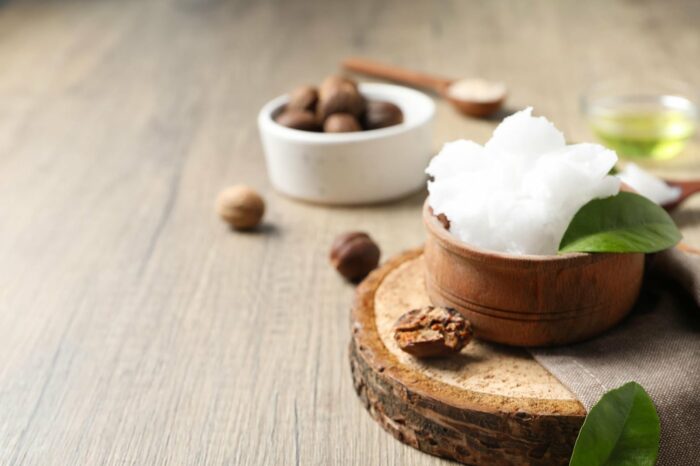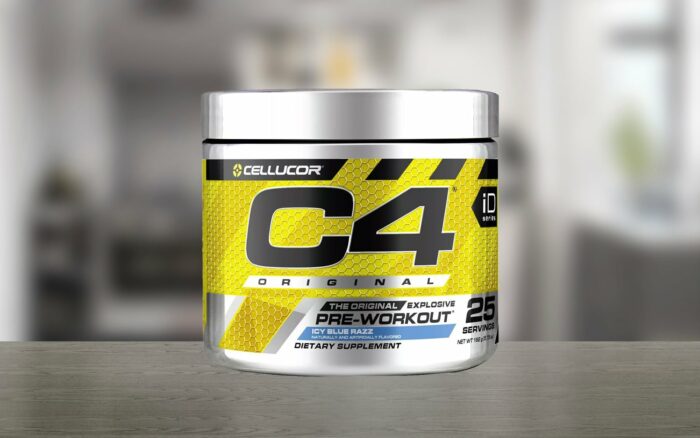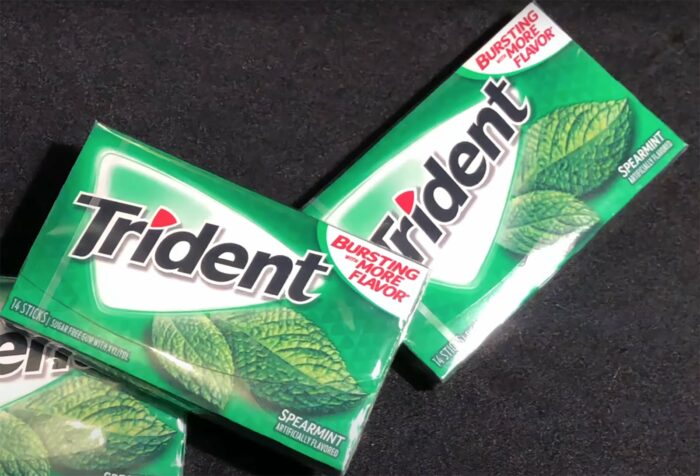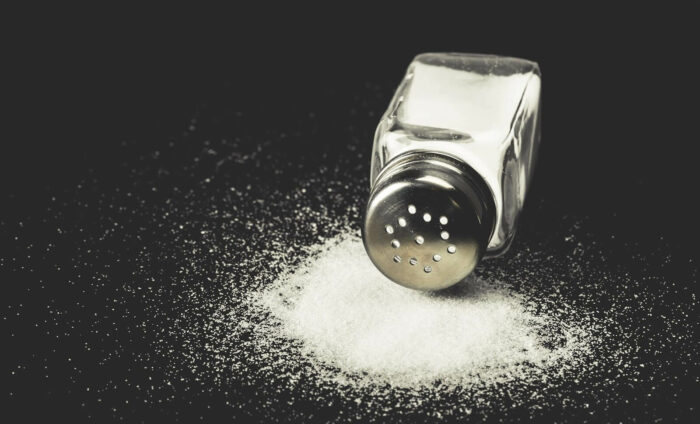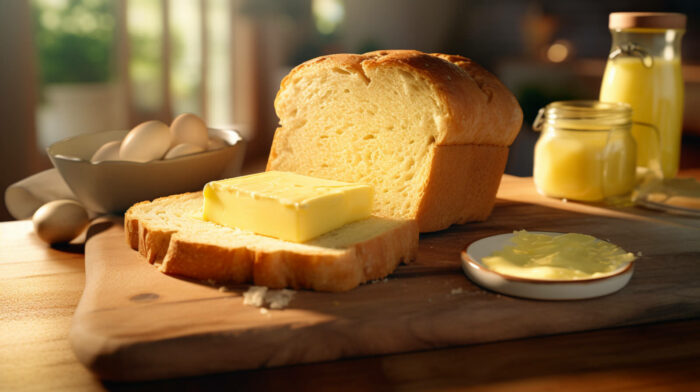Is Glue Vegan? Which Ones Are Vegan-Friendly?
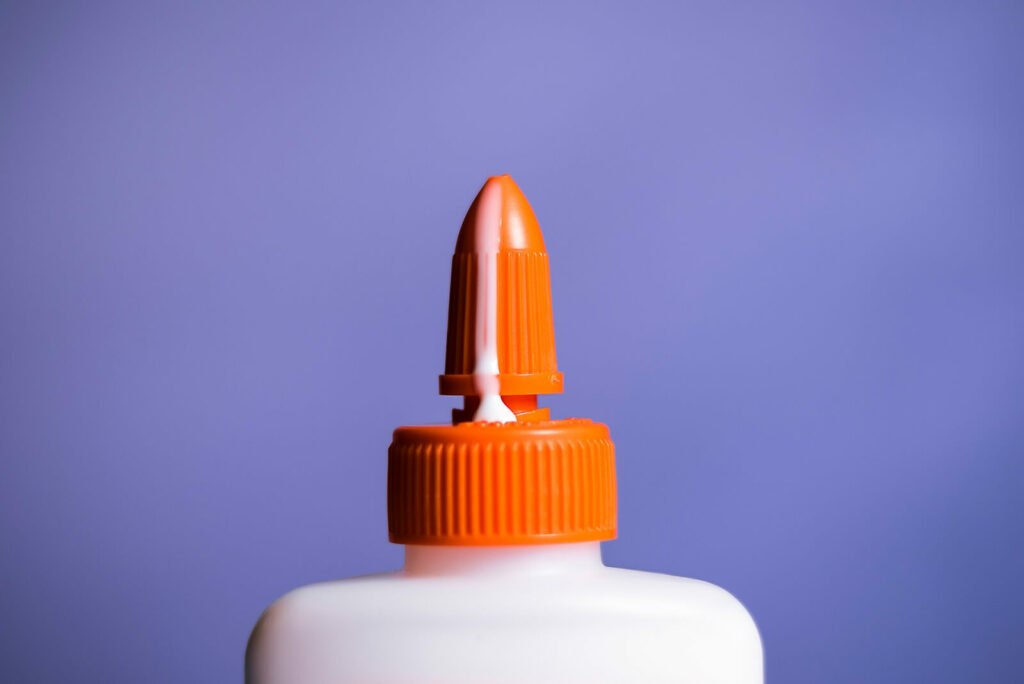
Are you a vegan who’s curious about the ingredients in the products you use? Do you wonder if glue is vegan-friendly?
This article explores the world of glue and its vegan alternatives.
Glue, a sticky substance used to bond surfaces, has a long history dating back to ancient civilizations. It was initially made from tree sap and later from animal-derived ingredients.
However, concerns about animal welfare and sustainability have led to the rise of cruelty-free options.
We’ll dive deeper into what is glue, what it’s made of, and if it’s vegan or not.
What is Glue?
Glue is a frequently used adhesive substance that sticks two surfaces together. It’s a versatile product that finds its application in various industries and everyday items.
When considering the vegan aspect of glue, it’s important to understand its composition and production process. Glue can be derived from both animal and non-animal sources. Animal-derived glues, such as those made from horses, cows, and pigs, aren’t vegan-friendly. However, there are cruelty-free alternatives available, such as plant-based glues made from cellulose or starch. Additionally, synthetic adhesives made from petroleum-based polymers are also vegan-friendly.
By choosing vegan glues, you can ensure that no animals were harmed in the production process.
Now, let’s explore what glue is made out of.
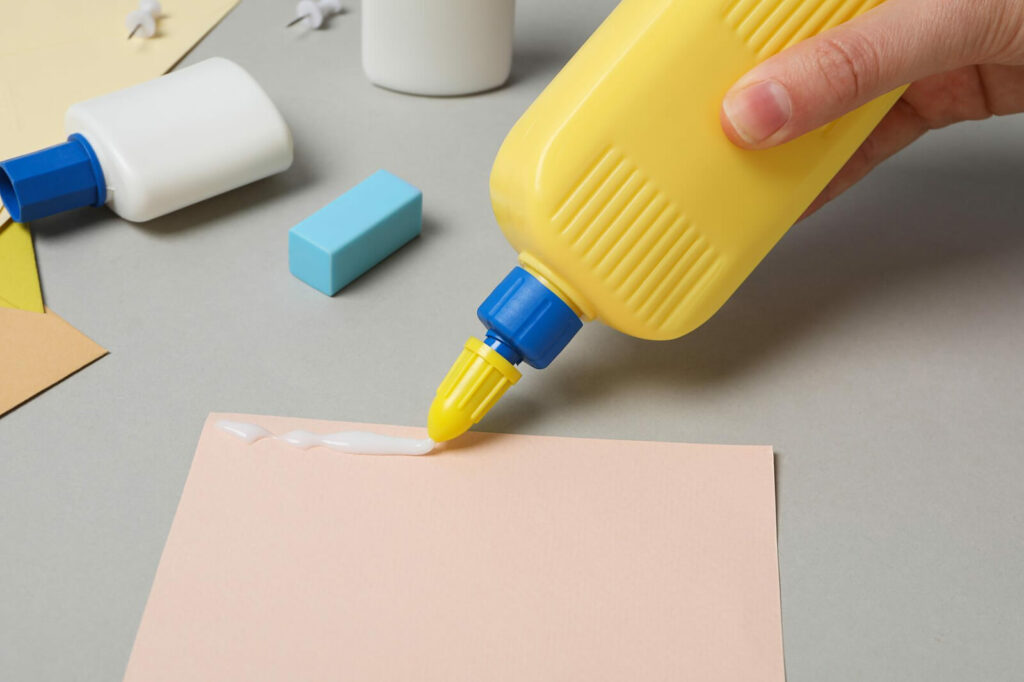
What is Glue Made Out Of?
When considering what glue is made out of, it’s important to understand the various components and materials that are used in its production.
Glues can be made from a variety of sources, including both vegan and animal-based ingredients. Traditional animal-based glues have historically been made from ingredients like horse hooves, bones, and milk.
However, with advancements in technology, synthetic polymers have become the dominant material used in glue production. These synthetic adhesives are typically made from petroleum-based polymers and don’t contain any animal-derived ingredients.
Additionally, there are plant-based glues available that are made from sources like cellulose and starch. These vegan-friendly alternatives offer effective adhesive properties without the use of animal products.
What Makes Glue Non-Vegan
If you occasionally use glue for your projects, it’s important to know what makes glue non-vegan. Here are the key factors that make glue non-vegan:
- Animal-based glue: Traditional glue is often made from animal-derived ingredients such as collagen, gelatine, bone meal, blood meal, casein, isinglass, shellac, and albumen. These ingredients are obtained from animals like cows, pigs, and fish.
- Ethical implications: The use of animal-derived glues raises ethical concerns about animal welfare. Supporting the animal glue industry may contribute to the exploitation of animals for their byproducts.
- Vegan-friendly glue: Vegan alternatives to animal-based glues are available in the form of synthetic adhesives. These synthetic adhesives are made from petroleum-based polymers and don’t contain any animal-derived ingredients.
- Brands offering vegan-friendly glue: There are several brands that offer vegan-friendly glue options, such as UHU, Weldbond, Gorilla Glue, and Elmers Glue. These glues are made from synthetic materials and don’t involve any animal exploitation.
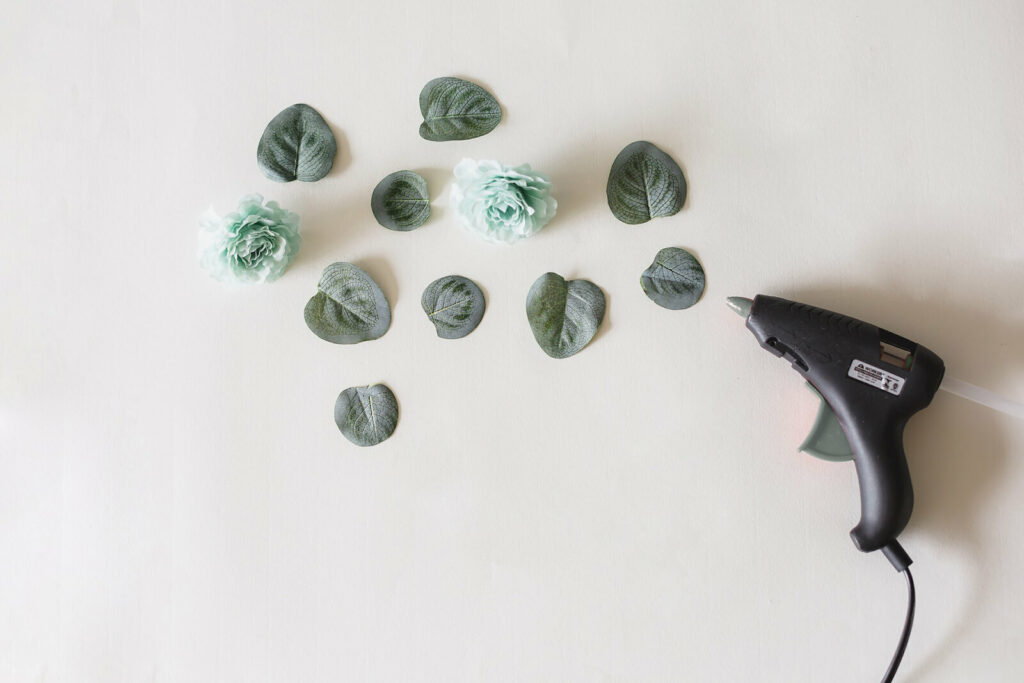
Are Animals Explicitly Killed for Making Glue?
Do animals have to be explicitly killed to make glue? This is a common question among vegans and those concerned about animal welfare.
While horses were once used in the production of glue, modern animal-derived adhesives are primarily sourced from cows and pigs. However, there’s no concrete evidence to suggest that horses are still being killed specifically for the purpose of making glue.
Is Glue Really Made From Horses?
Horses aren’t explicitly killed for making glue in modern times. Here are four reasons why:
- Shift in sourcing: While horses were once used to make glue due to their high protein content and access to their hooves, the majority of modern animal-derived adhesives are now sourced from cows and pigs.
- Medical industry use: Horse collagen is still used in the medical industry for wound dressings and potential treatments for arthritis and tendonitis. However, there’s no concrete evidence of horse collagen being used today to produce glue.
- Utilization of waste products: The idea is to utilize waste products from agriculture rather than specially bred animals for their collagen. This helps reduce waste and maximize resources.
- Ethical considerations: The ethical implications of animal welfare should be considered when evaluating the use of animal-derived adhesives. Many people prefer cruelty-free alternatives that don’t involve harm to animals.
With the understanding that horses aren’t explicitly killed for making glue, let’s now explore whether glue is truly vegan.
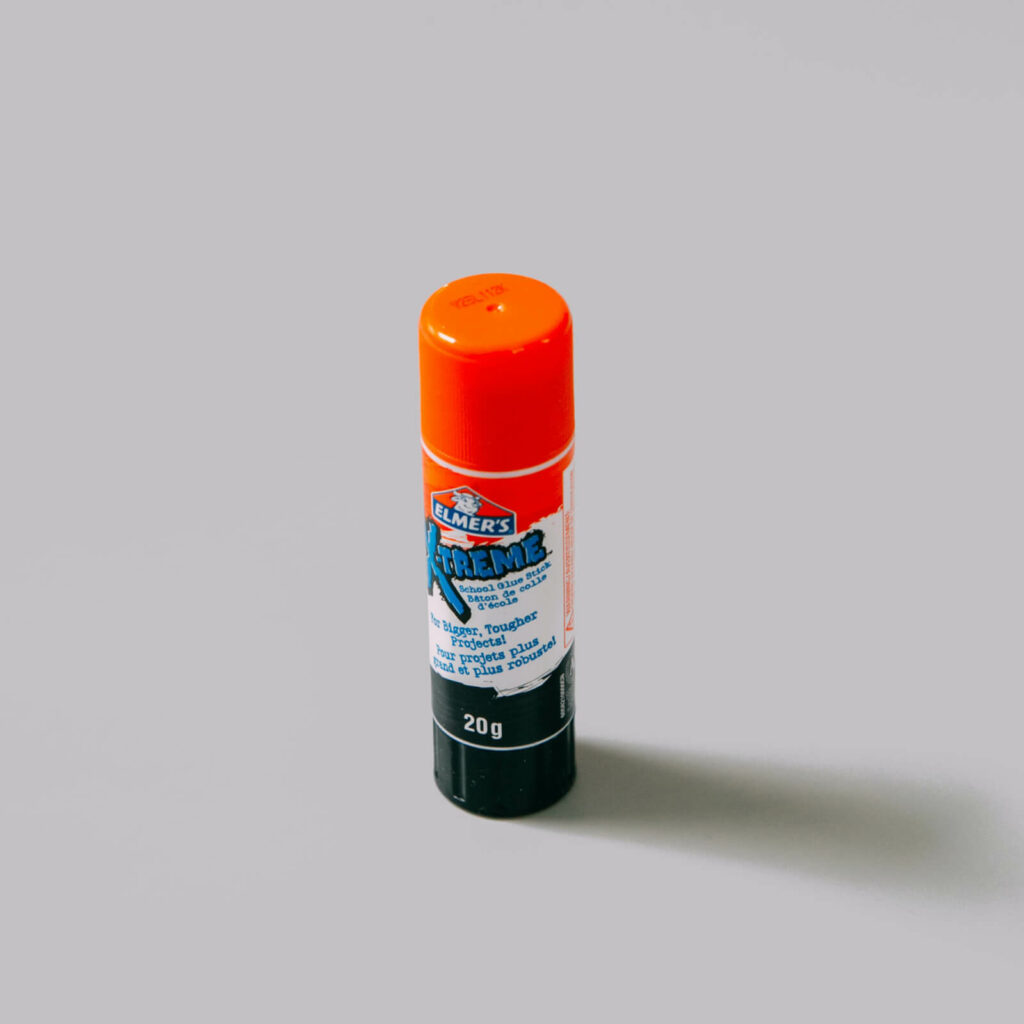
Is Glue Vegan?
Most glue made today is vegan-friendly but not all. Gorilla Glue, Elmer’s Glue, UHU, and Weldbond are all vegan.
Some glues are made from animal-based ingredients, while others are synthetic and cruelty-free. To help you make an informed choice, here is a table comparing vegan glue, animal-based glues, and synthetic glue:
| Vegan Glue | Animal-Based Glues | Synthetic Glue |
|---|---|---|
| Plant-based ingredients | Derived from animals such as cows, pigs, and horses | Made from petroleum-based polymers |
| Cruelty-free | Animal byproducts used | No animal-derived ingredients |
| Brands: UHU, Weldbond, Gorilla Glue, Elmers Glue | Commonly used in industrial settings | Widely accessible in shops |
Vegan-friendly glues such as UHU, Weldbond, Gorilla Glue, and Elmers Glue are suitable options for those following a vegan lifestyle. These glues do not contain any animal-derived ingredients and are easily accessible. On the other hand, animal-based glues are commonly used in various industries and are not suitable for vegans. Synthetic glue, made from petroleum-based polymers, dominates the adhesive market and provides an alternative to animal-based glues. By choosing vegan glue, you can ensure that your adhesive needs are met without contributing to animal exploitation.
Types of Vegan Glue
If you’re wondering what types of vegan glue are available, let’s explore your options. Here are four types of vegan glue that you can consider:
- Plant-based glues: These glues are made from plant materials such as cellulose or starch. They’re commonly used in the food and paper industries and provide a cruelty-free alternative to animal-based adhesives.
- Synthetic adhesives: These glues are made from petroleum-based polymers. They’re widely used in various industries and offer a strong and versatile bonding solution without the need for animal-derived ingredients.
- UHU Glue: UHU is a brand that offers vegan-friendly glues. Their products don’t contain any animal-derived ingredients and are suitable for various purposes.
- Weldbond Glue: Weldbond is another brand that provides vegan glue options. Their adhesive is made from synthetic materials and doesn’t involve the use of animals.
With these options available, you can easily find vegan glues for your projects without compromising your ethical values.
Key Takeaways
Manufacturers in the woodworking industry often use various brands and types of glue in their manufacturing process. For example, companies like the Gorilla Glue Company produce popular adhesives like Gorilla Glue and Elmer’s Glue. While Gorilla Glue products and Elmer’s Glue are all suitable for furniture assembly, not all glue is vegan-friendly. Research indicates that some glues are made from animal by-products, such as hide glue and hoof glue, which are derived from animal skins and tendons. Historically, animal glue was produced by boiling animal ingredients like bones, tendons, and skins.
Casein glue, made from milk, and “sturgeon glue”, a type of fish glue, are also examples of non-vegan glue. Other animal glues, such as bone glue and horn glue, are made from boiling animal bones and horns, respectively. Glue can also be made from eggs. However, there are many alternatives today. Super glue is vegan as it’s usually made from cyanoacrylate. Some brands, like Krazy Glue and shoe glue, might contain animal ingredients, so it’s essential to ask if their glue is cruelty-free before buying.
However, the rise of veganism has prompted a change in the manufacturing world. Vegan shoes, for instance, ensure that the shoe glue is vegan and doesn’t contain any animal by-products. As a result, many manufacturers are now producing glue that doesn’t use animal ingredients. For those wondering, Elmer’s Glue is vegan as it’s made from polyvinyl acetate, a synthetic polymer. Gorilla Glue is also vegan, being made from polyurethane. Some glues are made from vegetable starch, polyurethane, or even corn. Other products are made from synthetic materials, ensuring that they’re always vegan.
If you’re vegan and have questions about which glue brands are vegan or if a particular type of PVA glue or craft glue contains animal products, consult a vegan glue guide. Such guides provide information on brands like Gorilla Glue, Elmer’s Glue, and others. Glue can be made synthetically or with natural ingredients, like wheat and potatoes. Glue is more commonly made with synthetic materials today, with brands like Gorilla Glue and Elmer’s Glue leading the way in vegan adhesives.
In conclusion, while animal glue is still used in some areas, there are plenty of vegan-friendly options available. Whether you’re into woodworking, crafting instruments, or simply buying actual glue for a project, it’s always a good idea to research and buy vegan products, ensuring that the glue isn’t made with animal products or by-products.
Most modern glue is vegan but there are some that are not. Vegan-friendly glue include Gorilla Glue, Elmer’s Glue, UHU, and Weldbond.
The world of glue offers a variety of vegan alternatives for those who are conscious about the ingredients in the products they use. While traditional glue often contains animal-derived ingredients, the rise of synthetic polymers has led to the development of cruelty-free options.
